In April Professor Robert Wade visited Tbilisi in Georgia. While there he attended a conference on Industrial Development Strategy. In this post he explains how this has impacted Georgia in the last 25 years since the break up of the Soviet Union.
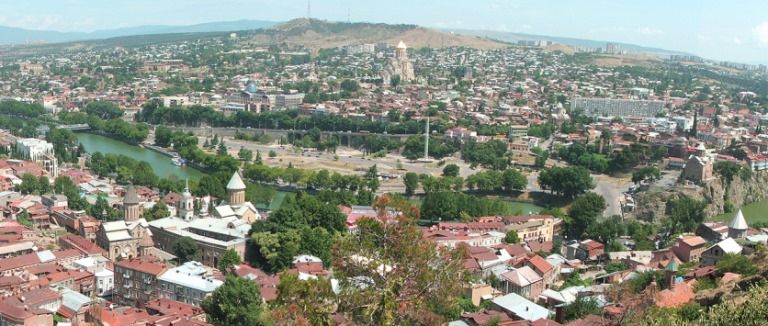
 I visited Georgia for the first time in late April, at the invitation of Tato Khundadze at the Centre for Social Studies, a small social democratic thinktank supported by the Friedrich Ebert Foundation, and also of Gia Jorjoliani, leader of a small social democratic party (Social Democrats for the Development of Georgia) and chairman of a parliamentary committee on environmental protection.
I visited Georgia for the first time in late April, at the invitation of Tato Khundadze at the Centre for Social Studies, a small social democratic thinktank supported by the Friedrich Ebert Foundation, and also of Gia Jorjoliani, leader of a small social democratic party (Social Democrats for the Development of Georgia) and chairman of a parliamentary committee on environmental protection.
Georgia has long profited from – and been plundered and conquered thanks to – its strategic location on east-west routes between the Black Sea and the Caspian, and north-south routes between Eastern Europe and Iraq, Iran and South Asia. It was one of the most prosperous states of the Soviet Union and, before that, tsarist Russia. Russians liked to holiday there because of its cultural sophistication, thermal springs and Black Sea resorts. Tbilisi, the capital, boasted a magnificent opera house from the middle of the 19th century. During the Soviet period, Georgia had a large industrial sector and a sizable middle as well as working class. Industry included sophisticated products, such as cars and military aircraft: Kutaisi (the country’s second largest city) had an automobile factory employing 18,000; and Georgia’s abundant clay supported a flourishing ceramics industry.
When the Soviet Union collapsed, the post-Soviet governments, backed by the IMF, pushed a fast and far-reaching privatisation programme. Hundreds of factories were demolished and sold as scrap. For a decade in the 1990s and into the 2000s, scrap-metal was a leading export commodity.
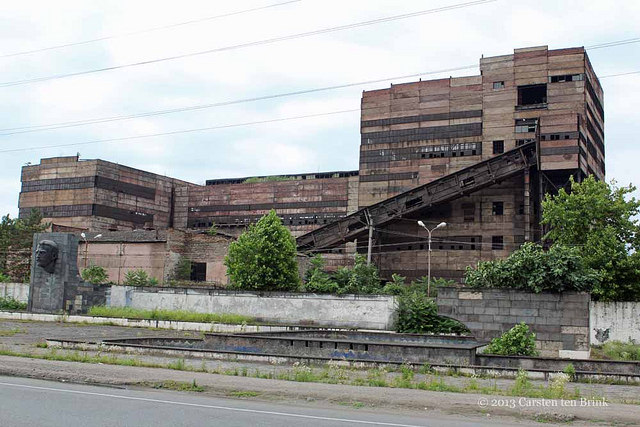
In just 15 years, to 2005, Georgia plunged from among the most prosperous states of the USSR to one of the poorest of the former union. Growth did not resume until the mid-2000s. Between the early 1990s and today, Georgia’s population fell by one third, to about 3.4 million: its diaspora is now mostly in Russia, Turkey and Europe. It is almost as though someone had said: “Here’s the deal: you get your independence and free market economics; but you lose a third of your population.”
Even after high emigration, official unemployment is around 13%. But “employed” includes “self-employed”, which means people with a tiny parcel of land where they grow subsistence crops. Putting them in the category of unemployed would bring the figure close to 50%. Many people are begging in streets of Tbilisi (I saw an elderly man begging, seated next to his elderly wife dressed in black who was checking her iPhone).
The current account deficit is around 10% of GDP, and the local currency has been devaluing (as also in the rest of the South Caucuses and Turkey). But some 70% of formal credit and debt (eg mortgages) is denominated in US dollars. (Most of the banks are foreign owned.) As the local currency devalues, debt repayment in local currency rises – to the point where average personal incomes have declined in the past year or two. The government says that non-performing loans in the banking system have not risen as a percentage of the total by enough to threaten financial stability.
The one-day conference on industrial development strategy that I attended – hosted by bold social democrats (whose arguments are often dismissed as “communist”) – was the first such conference on the subject in 25 years, especially notable because it took place in the parliament building. Since the fall of communism, phrases like “industrial policy” have been forbidden – except in the dictum announced by several economy ministers over the years: “The best industrial policy is no industrial policy.” (Three years ago in Poland, I learned that a powerful Polish economy minister liked to declare the same. They were, no doubt unknowingly, repeating the phrase of the celebrated conservative American economist, Gary Becker, who first said it in 1985.)

Economic policy has long been decided by one question: what is furthest from what the Soviet Union governments did? Even Friedrich Hayek would blush at the extreme neoliberalism. There is virtually no welfare state. Income tax is at a flat 20% for all; profits tax is 15%; dividend tax 5%. The government, supported by banks and gambling firms, is keen to introduce the Estonian tax model, by which private companies will be exempt from profit tax if they re-invest their profit back into their businesses. But the term “re-investment” is left vague, providing plenty of loopholes for corporate tax evasion. All the “good” education is private. The best organised and most influential lobby is the American Chamber of Commerce; a Georgian association of manufacturers has just been formed.
Tbilisi’s population is just over a million, one third of today’s national total. Its streets are as clean as London’s. But road traffic congestion is dire, the air is eye-stingingly noxious from all the exhaust fumes (though not as bad as in Delhi or Beijing). Public transport is sparse and few dare ride bicycles. And urban planning is conspicuous by its absence. Soviet-era parks and other public facilities have been bulldozed to make way for ugly, in-your-face apartment blocks jammed up next to one another, with no provision of parks or off-street parking.
If a construction firm wants to put an apartment block in an empty place (eg a park) it has only to give enough “something” to the authorities and they are likely to authorise it. Several already-existing streets have been “privatised” – in such a way that the “owner” of the street collects a fee from each vehicle. It is not generally known who “owns” these private streets but it is clear that the streets were constructed by the public sector, not by the owners. In at least one case, a big hotel is located on the street, so even taxis wishing to go to the hotel have to pay. On the other hand, under the previous government and continuing under this one, the earlier everyday “petty” corruption (eg of the traffic police) has been almost eliminated, making a significant improvement in the quality of life on a daily basis. And Tbilisi still has a beautiful botanical gardens – which you pay to enter.

The current government is called the “Georgian Dream” coalition (including the centre-left Georgian Dream Party, the centrist Party of Industrialists, and the right wing Conservative Party of Georgia). It is backed by a Georgian oligarch (Bidzina Ivanishvili), in 2012 ranked 153 in the Forbes list of the world’s billionaires, who made a fortune in Russia in the 1990s and built himself a grand palace high on the hills overlooking Tbilisi. With elections in sight in October 2016, the coalition is being squeezed from the right by an opposition party even more neoliberal than itself. This party, the United National Movement (UNM), was the major party in the previous coalition governments, headed by Mikheil Saakashvili, president in 2004-7 and again in 2008-13, who is now governor of Odessa in Ukraine.
The UNM and its foreign supporters (including US Republican senators and representatives, and the European People’s Party in the European Parliament) attack the Georgian Dream coalition as “pro-Russian”, and say that its electoral victory amounted to a Russian counter-revolution. They point to the fact that oligarch Bidzina Ivanishvili gained his fortune in Russia, with an investment portfolio that included a large chunk of Gazprom, a pharmacy chain (Doctor Stoletov), a bank (Rossiyskiy Kredit), also construction, real estate and agriculture businesses. They overlook some inconvenient facts. First, the coalition government has taken a historic step to closer Georgia-EU relations by signing an association agreement with the EU, including the EU Deep and Comprehensive Free Trade Area (DCFTA). Second, Georgia has revitalized its relations with NATO.
Being squeezed from the right, the Georgian Dream coalition is casting around for a positive agenda with which to differentiate itself from the UNM opposition; and a few of its senior figures are – hesitantly – considering whether to adopt at least the rhetoric of rebuilding some manufacturing. It has no such hesitation about boosting tourism as a foundation for Georgia’s future growth.
I met with Dimitry Kumsishvili, deputy prime minister and minister for economy and sustainable development. He did almost all the talking, as though I was a potential investor. He and his government are in love with the World Bank’s Ease of Doing Business reports, where Georgia ranks high (between 18 and 24 in recent years) relative to its per capita income (around US$3,500-4,000). It is as though high rank is a top policy priority in itself; they implicitly assume that if they can create “a level playing field” (including good transport infrastructure), the punters will turn up to play. The western multinational corporations (MNCs) will set up shop in order to export to China; the Chinese MNCs will do the same in order to export to Europe and beyond. Simple. The underlying assumption is that Georgia has been held back by “government failure”, not “market failure”, and that when the former is fixed the market will work “by itself” to produce high growth.
The head of the tiny unit (9-12 people) in the ministry of economy and sustainable development charged with regulating industry (all of whom are on three-month contracts) wanted to learn more about “industrial policy” and was amazed to hear me say that US has long been an effective developmental state, and that even the CIA has a venture capital fund with which to promote innovation. Later he told me that straight after the conference he had a long meeting with the prime minister, his high school classmate. When the PM learnt that the US is an effective developmental state, and that even the CIA is in the business of promoting innovation, he too was amazed (1).
The ‘best’ economics
We have to admire how effective two bodies have been, over decades, at persuading economists, policy-makers and publics around the world that neoliberal ideas are the “common sense” guides to expanding economic freedoms and raising material living standards – these are the Mont Pelerin Society (founded by Hayek, Friedman et al in 1947) and the Atlas Network (founded in 1981 by Anthony Fisher, a member of the MPS who had founded the Institute of Economic Affairs in London in 1955). They did not just construct an ideology and translate it into a policy paradigm; they created an organizational architecture to make the paradigm the governing force of economic policy, by spawning and arranging finance for neoliberal thinktanks on every continent and by infusing the ideas into international organisations like the IMF and World Bank (2).
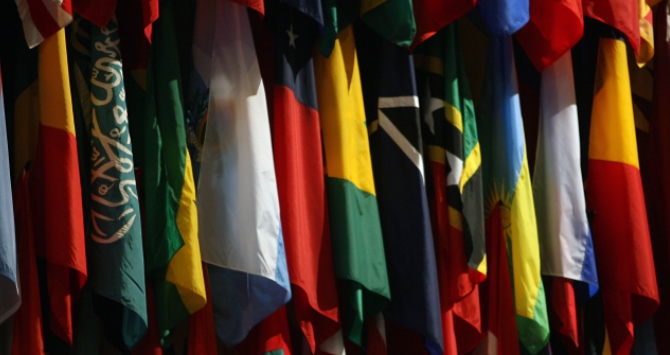
They have been helped by clever neoliberals in charge of the central bank of Sweden (Riksbank) in the late 1960s. The latter hit on the idea of creating a prize in economics which could bask in the reflected glory of the five real Nobel prizes. They got it established against the wishes of the Nobel foundation, the Nobel family and the Swedish parliament. They largely appointed the selection committee, ensuring that for the first two and a half decades at least the prize went mainly to neoliberals. Constructed in this way, the prize sent a message to the world that neoliberal economics was the “best” economics; it helped to convince Swedish politicians and public that economics was a successful science and that the central bank (nominally owned by the state) should be run by scientific economists unencumbered by state directives. All this also helped to undermine the legitimacy of the Swedish welfare state and the social democratic movement, another important objective for those in charge of the central bank (3).
In short, the Mont Pelerin Society, the Atlas Network and the so-called Nobel prize in economics are three pillars of the global neoliberal project – fortified since the 1980s by the additional pillars of the IMF and (with more qualifications) the World Bank. By contrast, the centre-left has done nothing equivalent. Hence neoliberal ideas have become “common sense”, including through much of the former Soviet Union.
Teaching of university economics in Georgia is based almost entirely on Gregory Mankiw’s Principles of Economics. Mankiw is unapologetically neoliberal, to the point where in 2011 his introductory economics class at Harvard staged a walk-out in protest at his one-eyed presentation of the state of economic knowledge.
In Georgia today, nobody has a clue about how to forge a plausible industrial policy, which may ensure that the current tentative opening remains mostly rhetorical. The IMF and World Bank have offices in Tbilisi, and have wielded great influence over successive governments ever since the early 1990s, helped by Georgia’s large current account deficits. The minister of economy has just sent a letter to UNIDO (United Nations Industrial Development Organization) asking for help in designing an industrial development strategy; but the letter was written within the tiny industrial regulation unit six months ago, and the minister waited before sending it – until the day before our conference.
In the Stalin museum at Gori, I was reminded that Stalin was born there; his father was a shoemaker and his parents divorced when he was young (the father’s alcoholism was said to be a reason). And he was groomed to be a monk. The museum resembles a church cum mausoleum. The building was sanctioned by Lavrenti Beria, the long-time head of the dreaded Soviet secret police, who ranks high on the list of the world’s most malign human beings. He was executed when Krustchev came to power in 1953, and his figure air-brushed out of most of the official photos of the period. Beria was Georgian, like Stalin, and Stalin called him “my Himmler”. (Georgians disproportionately held many of the top Politbureau positions, including at the time before Stalin took the top position; his climb to the top had been helped by fellow Georgians, who recognised his steel-like qualities, hence their name for him: Stalin comes from the Russian word for steel.)
Till a few years ago Gori displayed around the town several imposing statues of its famous son. Then the national government ordered them to be removed (except for a large bust outside the museum), as part of its efforts to boost tourism. My English-speaking guide to the museum did not hesitate to talk about the atrocities committed by Stalin’s government; but the Georgian-only guides tend to go light on atrocities, I was told.
The US and China are competing to win contracts for constructing big infrastructure projects (eg a port on the Black Sea, and completing a section of the east-west highway, which entails several long tunnels). The US companies have won, so far. But China’s One Belt One Road strategy of forging infrastructure alliances across Eurasia is still in its early stage. It will be interesting to see how US-China competition plays out in the strategically placed microcosm of Georgia.
Robert H Wade is professor of International Development at the London School of Economics
(1) See R. Wade, “The paradox of US industrial policy: the developmental state in disguise”, in J.M. Salazar-Xirinachs et al., Transforming Economies: making Industrial Policy Work for Growth, Jobs and Development, UNCTAD and ILO, Geneva, 2014, pp.379-400
(2) See M-L Djelic and R. Mousavi, “Constructing an organizational architecture for the transnational diffusion of ideologies – the case of Atlas and neoliberalism”, ESSEC Business School, Paris, 2016
(3) See P Mirowski, “The neoliberal ersatz Novel Prize”, for the conference, The Road from Mont Pelerin II. December 2015.
Related posts:



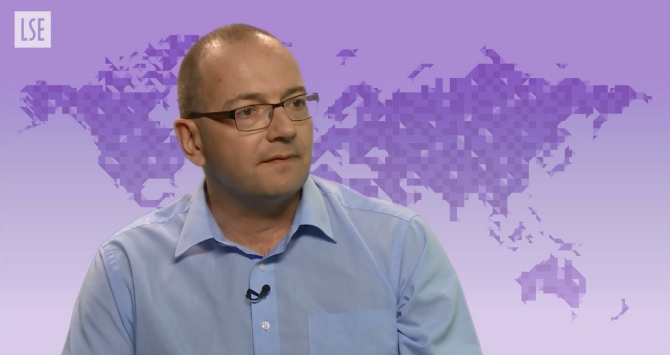
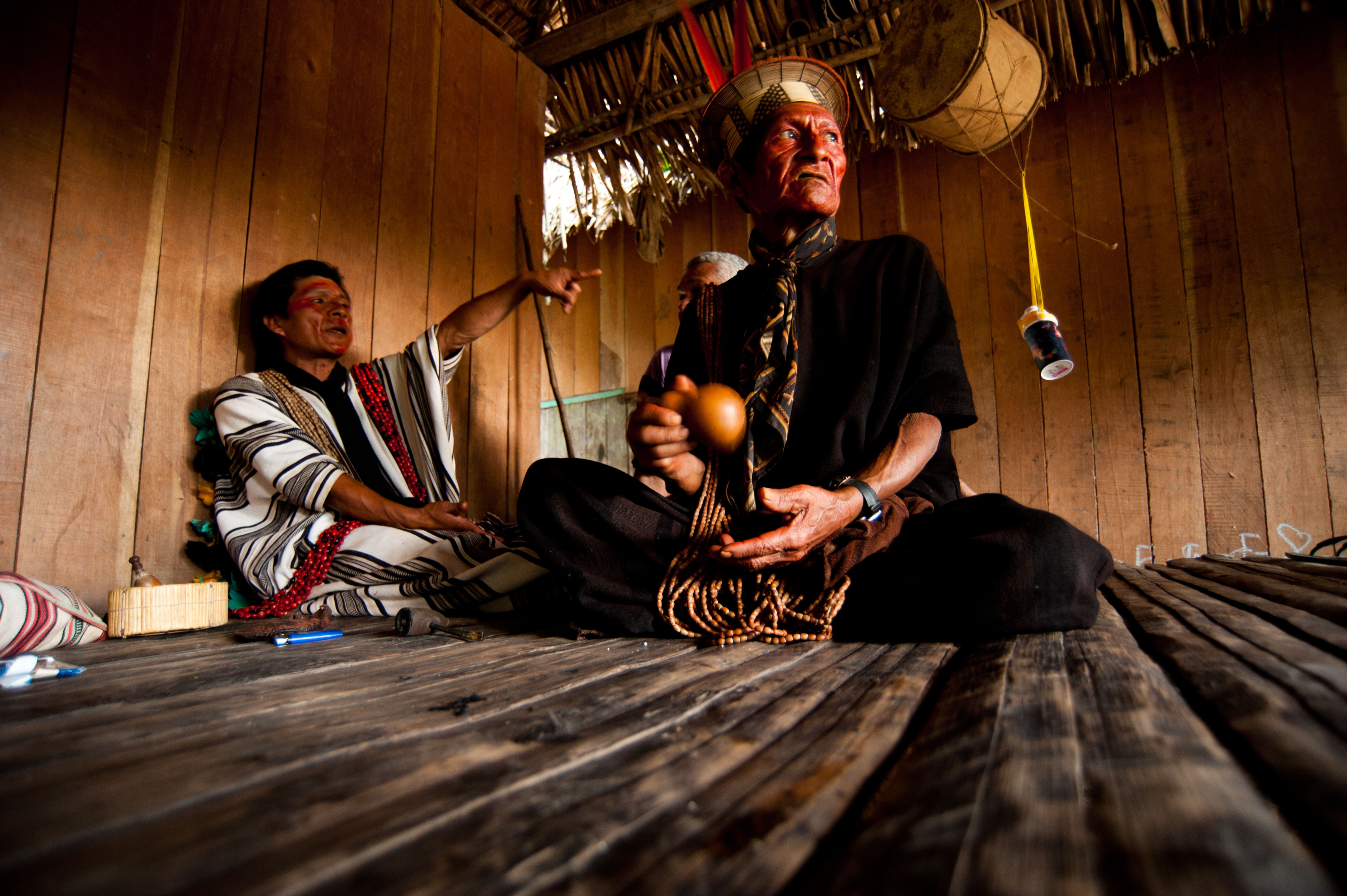
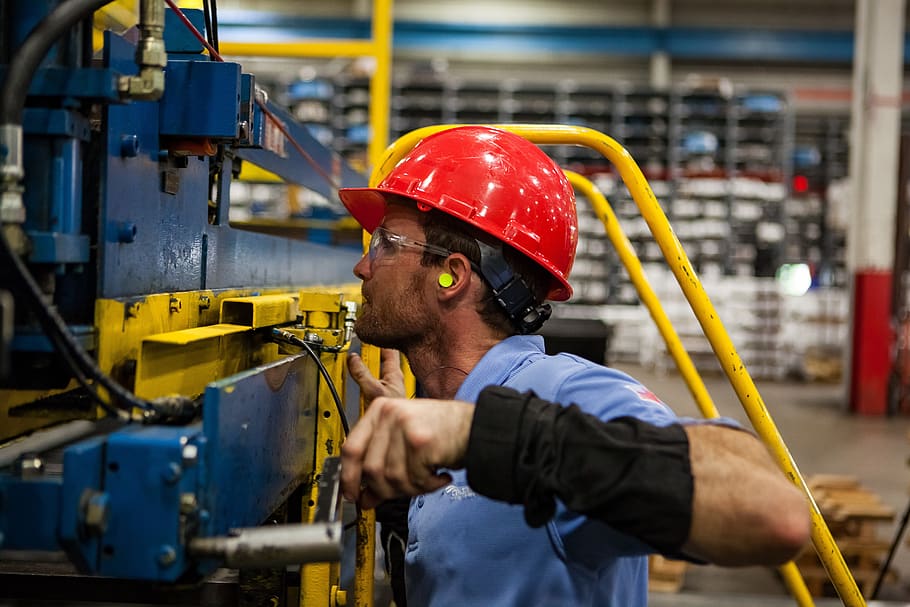
1 Comments